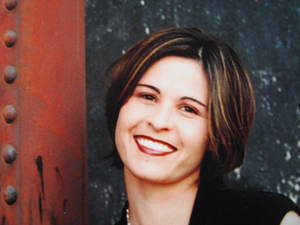Case Study 2
Saira earns £250,000 working for a very profitable private firm of bankers. She has three children. Her son Bryn, aged 20, who works in a second-hand bookshop, has just been given his first car. The other children both attend private school and the fees total £30,000 a year.
Saira has a large mortgage and spends a great deal each month to maintain the lifestyle she and her children have come to enjoy. She is concerned that high earners will be asked to pay more tax if there is a change of government at the next election and that this will impact on her ability to afford her lifestyle.
Question:
Which of the following changes in tax bands would Saira be most concerned about?
Select one of the following:
